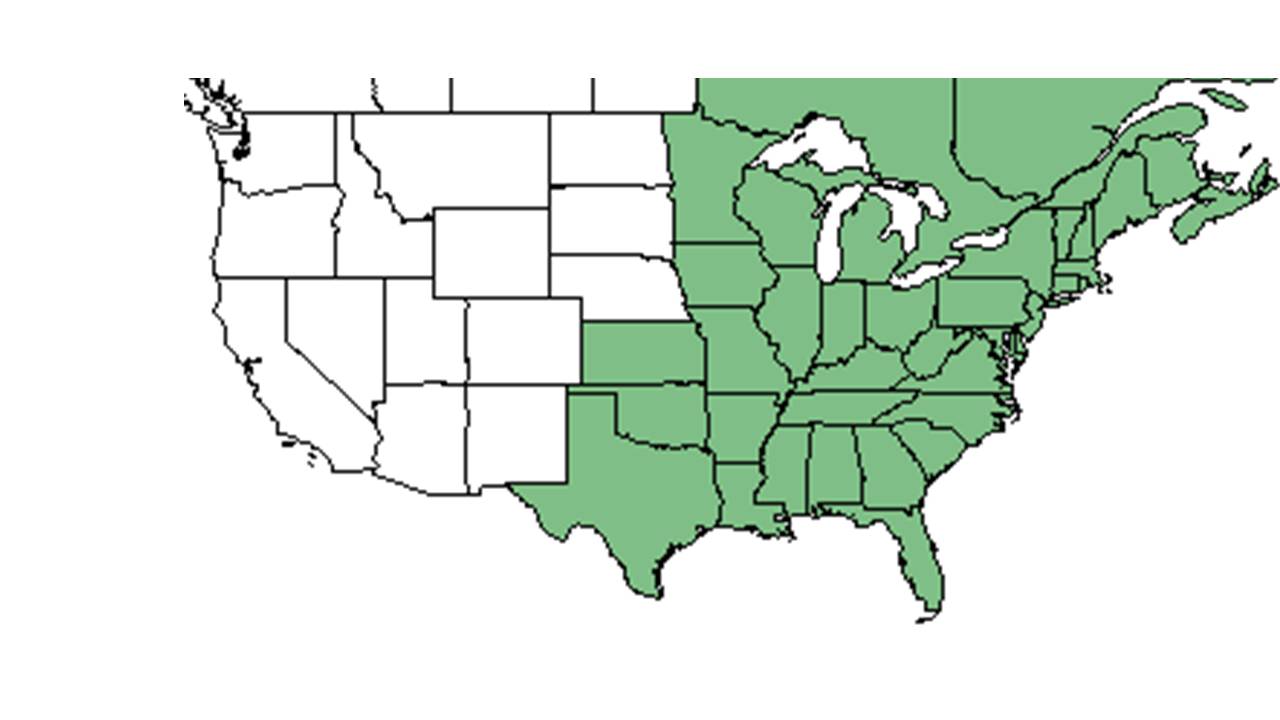Difference between revisions of "Polystichum acrostichoides"
(→Description) |
|||
| Line 19: | Line 19: | ||
==Description== | ==Description== | ||
<!-- Basic life history facts such as annual/perrenial, monoecious/dioecious, root morphology, seed type, etc. --> | <!-- Basic life history facts such as annual/perrenial, monoecious/dioecious, root morphology, seed type, etc. --> | ||
| + | Common name: Christmas fern | ||
| + | |||
==Distribution== | ==Distribution== | ||
Dense colonies of ''P. acrostichoides'' tend to be dominant understory species in dense, mixed hardwood forests that are very shady and moist (Carvell et al 1980). | Dense colonies of ''P. acrostichoides'' tend to be dominant understory species in dense, mixed hardwood forests that are very shady and moist (Carvell et al 1980). | ||
Revision as of 13:34, 6 July 2015
| Polystichum acrostichoides | |
|---|---|
Error creating thumbnail: Unable to save thumbnail to destination
| |
| Scientific classification | |
| Kingdom: | Plantae |
| Division: | Pteridophyta – Ferns |
| Class: | Filicopsida |
| Order: | Polypodiales |
| Family: | Dryopteridaceae |
| Genus: | Polystichum |
| Species: | P. acrostichoides |
| Binomial name | |
| Polystichum acrostichoides (Michx.) Schott | |

| |
| Natural range of Polystichum acrostichoides from USDA NRCS Plants Database. | |
Contents
Description
Common name: Christmas fern
Distribution
Dense colonies of P. acrostichoides tend to be dominant understory species in dense, mixed hardwood forests that are very shady and moist (Carvell et al 1980).
Ecology
Habitat
Phenology
Seed dispersal
Seed bank and germination
Fire ecology
Pollination
Use by animals
Diseases and parasites
Conservation and Management
Cultivation and restoration
References and notes
Carvell, K.L. 1980. The impact of silvicultural practices on the density, height, and composition of the understory - with special reference to wildlife habitat. West Virginia Forestry Notes 7:17-19.